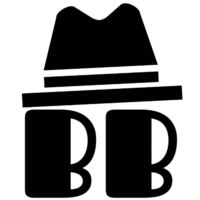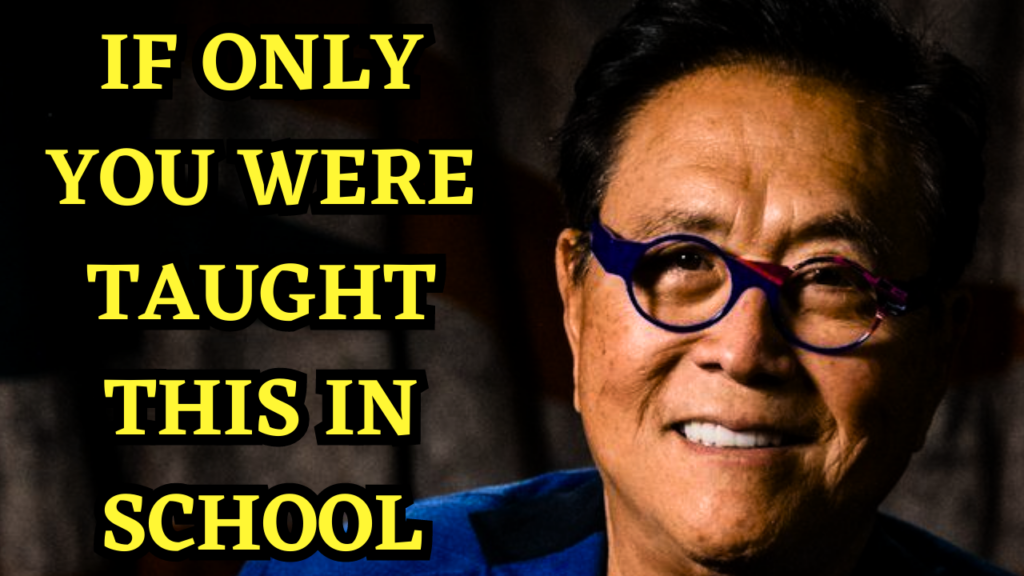Are you interested in achieving financial independence and retiring early? Look no further than the best-selling book “Rich Dad Poor Dad” by Robert Kiyosaki. In this book, Kiyosaki shares valuable insights on financial education, investment, and building wealth. In this post, we provide a comprehensive Rich Dad Poor Dad summary to help you get started on your journey to financial freedom. And if you’re looking for a reliable bookstore that offers a wide range of finance books, we’ve got you covered too. So visit our bookstore and grab your copy from there. Don’t miss out on the opportunity!
The Cash Flow Quadrant is a concept developed by renowned author and financial expert, Robert Kiyosaki. In his book “Rich Dad Poor Dad”, Kiyosaki explains that there are four quadrants that people can fall into based on their income-generating activities: Employee (E), Self-employed (S), Business owner (B), and Investor (I). Understanding the Cash Flow Quadrant can provide valuable insights into your financial situation and help you make informed decisions about your income and investments.
Employee (E) – This quadrant is where most people fall into. Employees earn a steady income by working for someone else, but they have limited control over their income and financial future. They rely on their employer for their salary and benefits, and their income is often subject to taxes and deductions.
Self-employed (S) – This quadrant includes small business owners, freelancers, and consultants. While self-employed individuals have more control over their income than employees, they are still limited by the amount of time and energy they can invest in their business. Many self-employed individuals end up working longer hours and earning less than they would as an employee.
Business owner (B) – The business owner quadrant is where wealth creation begins. Business owners have systems and processes in place that generate income for them, even when they are not actively working. They have the freedom to choose their own hours and income potential. However, starting and running a successful business can be challenging and requires a significant amount of time and effort.
Investor (I) – Investors make money by putting their money to work for them. They invest in stocks, real estate, and other assets that generate passive income. Successful investors have a deep understanding of financial markets and can make informed decisions about their investments.
Understanding the Cash Flow Quadrant can help you identify which quadrant you are currently in and which quadrant you want to be in. It can also help you identify the skills and knowledge you need to move to a higher income quadrant. For example, if you are currently an employee, you may need to develop entrepreneurial skills and start your own business or become an investor.
In conclusion, understanding the Cash Flow Quadrant is an essential aspect of financial education. It can provide valuable insights into your current financial situation and help you make informed decisions about your income and investments. By identifying which quadrant you are currently in and which quadrant you want to be in, you can take the necessary steps to move towards financial freedom and success.
Looking to break bad habits and achieve financial independence? While understanding the role of habits is important, tracking your progress is key. Our habit tracker and habit-change workbook, available for free download, can help you achieve your goals.
To gain a better understanding of this concept, we invite you to watch our informative video on our channel. Our video provides an in-depth explanation of this topic and can help you grasp the importance of differentiating between assets and liabilities. Our channel offers an array of book summaries and reviews, including financial and personal development books, making it the perfect resource for those seeking to improve their financial literacy and personal growth. Visit our channel to discover the best book summaries and reviews available online.
To achieve financial independence, one must go beyond simple savings and embrace discipline, strategic planning, and access to valuable resources. Our blog offers expert insights and strategies on financial independence, including tips from renowned experts like Napoleon Hill. Additionally, our bookstore is stocked with must-reads like “Rich Dad Poor Dad,” a book that provides a summary of the lessons learned from a successful businessman’s “rich dad” and his “poor dad.” For those looking for free resources, our website also offers free audio book downloads and access to YouTube audiobooks on financial independence and related topics. Don’t miss out on these valuable resources to help you achieve your financial goals, including the popular “Financial Independence Retire Early” movement.
- Rich Dad Poor Dad Book Summary and Review: The Importance of Financial Education?
- Understanding the Difference between Assets and Liabilities: A Comprehensive Financial Book Review
- Creating Passive Income Streams: A Comprehensive Guide
- The Importance of Financial Education: A Review of Rich Dad Poor Dad
- The Power of Leveraging Other People’s Money: A Key to Financial Success
- Real Estate Investing: Insights from the Best Financial Book Summaries
- Exploring the Cash Flow Quadrant: A Guide to Understanding Your Finances
- The Power of Entrepreneurship: Exploring the Benefits of Starting Your Own Business – Rich Dad Poor Dad
- Why Relying on a Single Income Stream is Risky: Understanding the Dangers and Solutions
- Building a Strong Financial Foundation: Tips for Financial Stability and Success
- Maximizing Your Wealth: A Guide to Legally Minimizing Your Taxes
- The Role of Emotions in Financial Decision-Making: A Guide to Managing Your Money Mindset
- Why a College Degree May Not Guarantee Financial Success: Lessons from Personal Development Books
- The Art of Taking Calculated Risks in Investing and Business
- 5 Lessons I Learned from Rich Dad Poor Dad – A Must-Read for Financial Education
- The Ultimate Guide to Achieving Financial Freedom: Lessons from Rich Dad Poor Dad
- Why “Rich Dad Poor Dad” Is the Best Personal Finance Book of All Time
- Rich Dad Poor Dad Success Stories: Real-Life Examples of Financial Empowerment
- 10 Powerful Quotes from Rich Dad Poor Dad That Will Change Your Life


